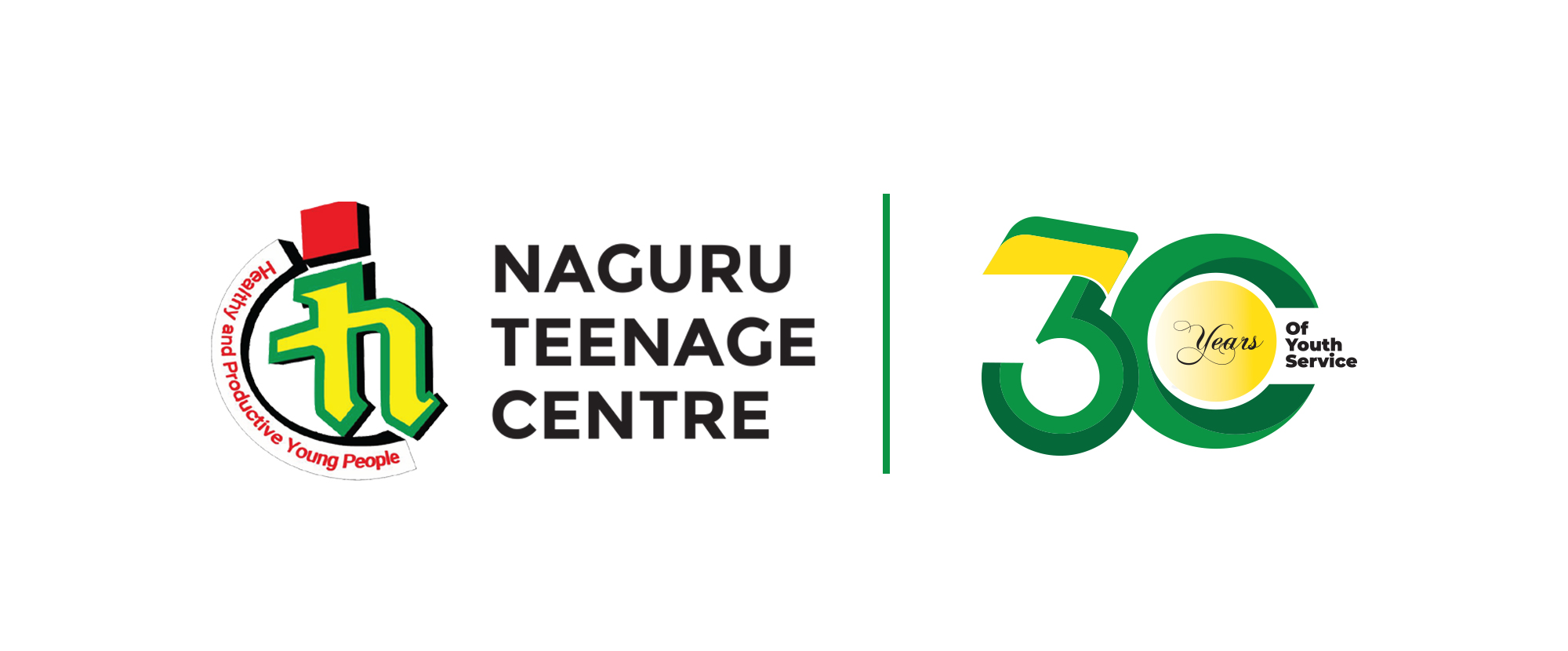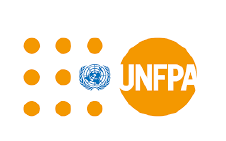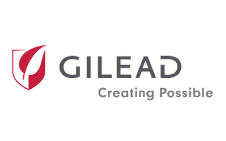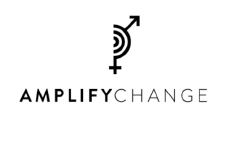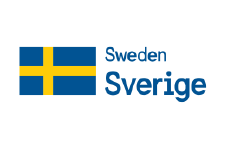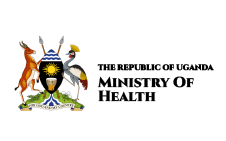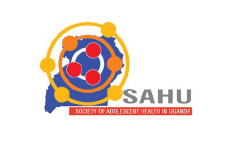SRHR in Humanitarian Settings
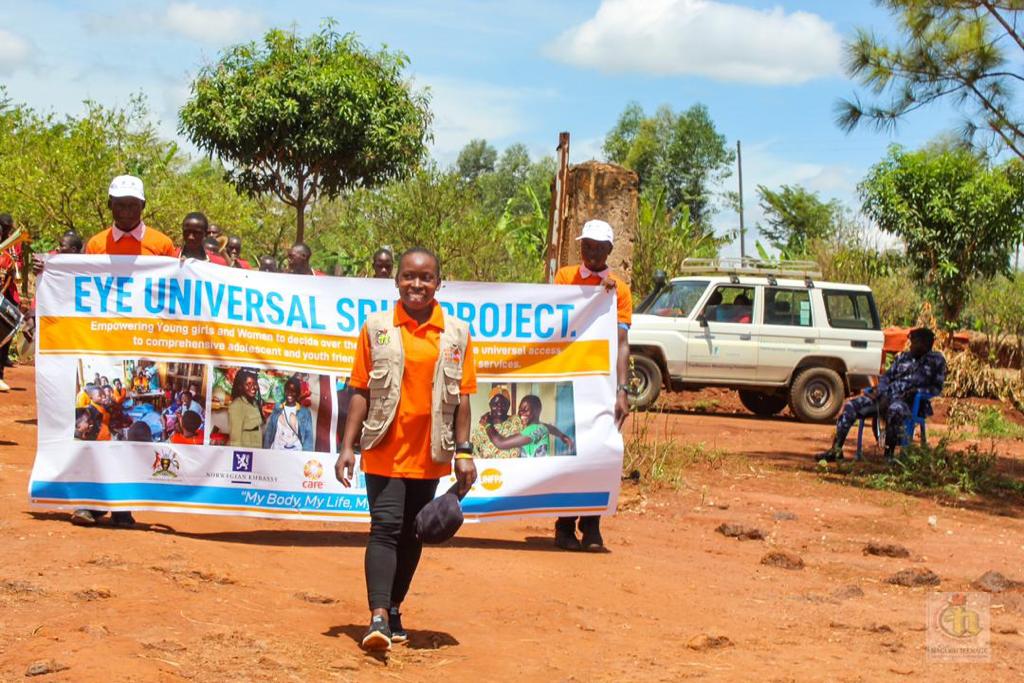
Building Humanitarian-Responsive Systems
NTIHC partners with local governments and humanitarian agencies to build integrated response systems that embed SRHR into emergency health frameworks. This proactive approach means adolescent needs are anticipated and addressed, not treated as an afterthought. Youth volunteers are trained as first responders and SRHR advocates, creating a pipeline of leaders who can support peers during emergencies. Community engagement is key—local leaders, schools, and families are involved to ensure continuity of care. Ultimately, NTIHC’s approach demonstrates that even in the most challenging circumstances, comprehensive adolescent SRHR is achievable, essential, and life-changing.
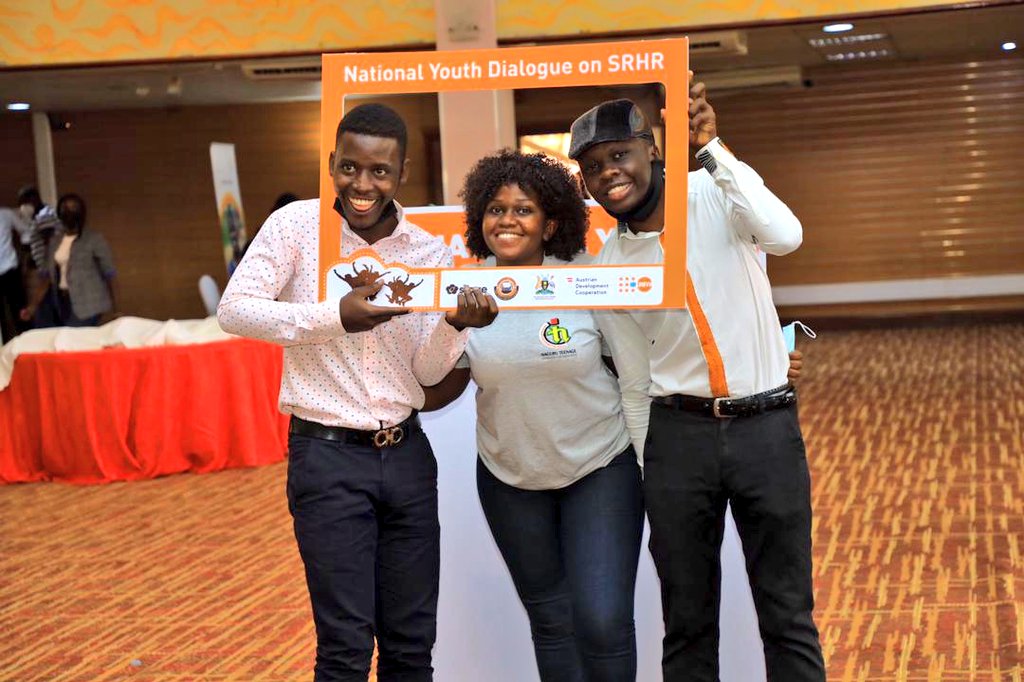
Leaving No Young Person Behind in Crisis
In humanitarian and post-conflict settings, NTIHC ensures that access to SRHR is not a privilege but a right. Through programs like the EYE-Universal SRHR initiative and UNFPA’s support, adolescents in districts such as Kamuli and Mayuge receive SRH services, life skills training, and psychosocial support—even amidst adversity. The Centre adapts its service delivery model to the unique needs of humanitarian settings. Mobile clinics, youth corners, and peer-led outreach ensure that services reach internally displaced persons, out-of-school youth, and others often excluded from conventional systems. These efforts not only provide essential health services but also restore a sense of normalcy and dignity to adolescents in crisis situations. By focusing on resilience and recovery, NTIHC’s humanitarian work transforms trauma into empowerment.

